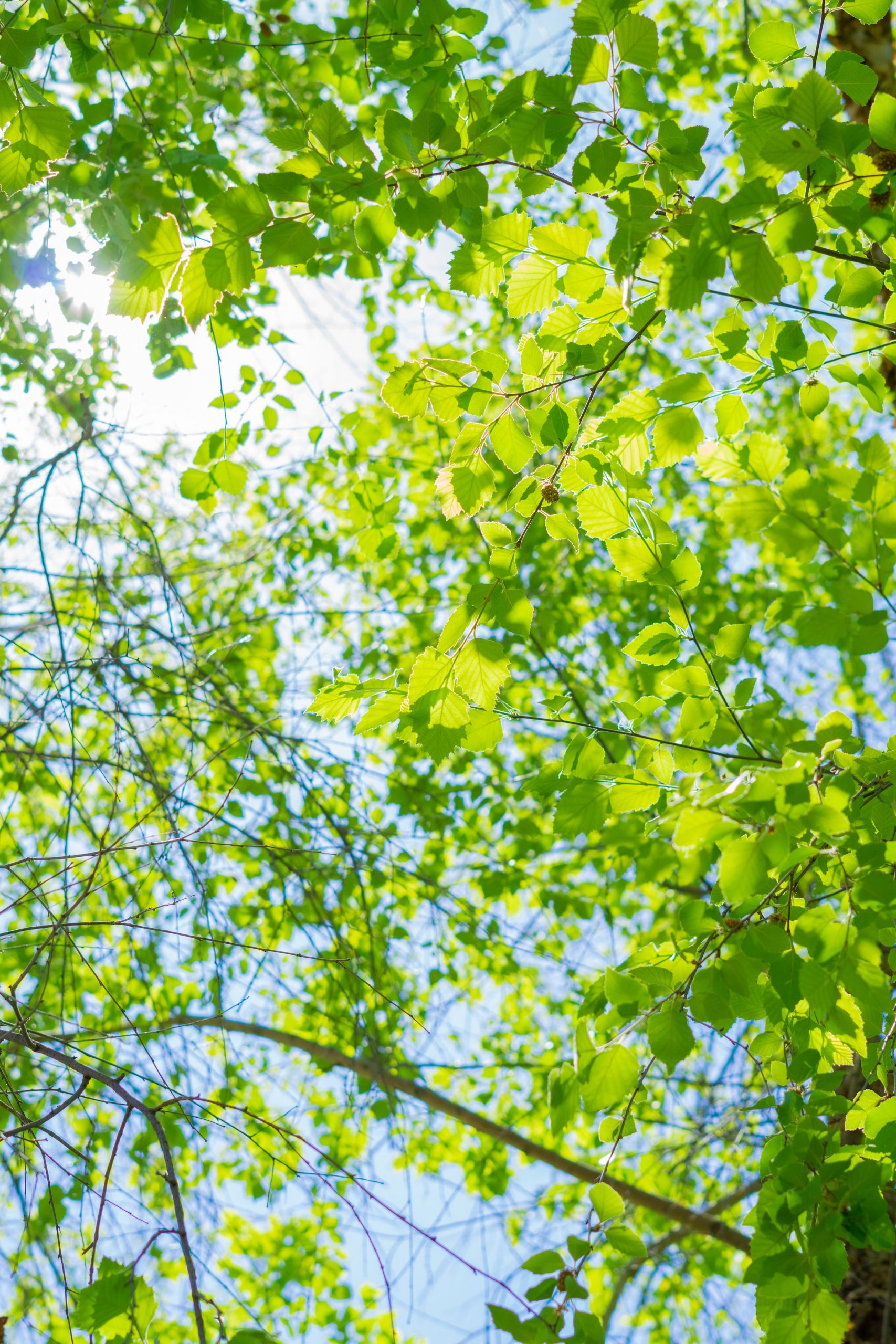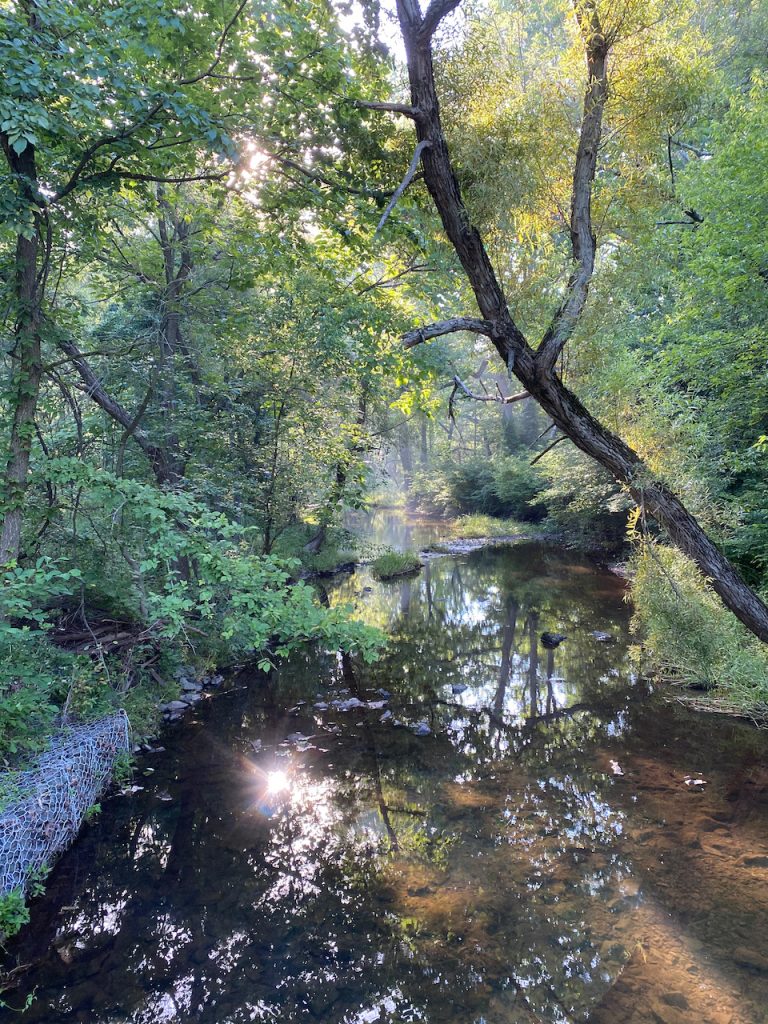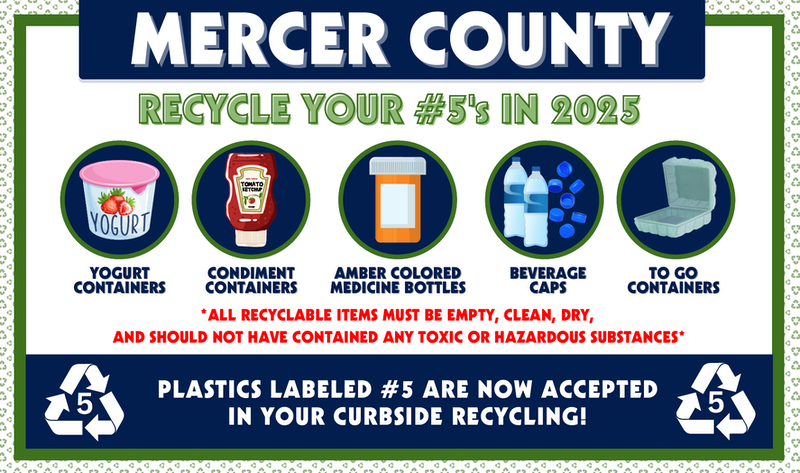When & Where: February 15, 2026 (rain or shine) from 5-7 pm at the Hopewell Train Station on Railroad Place, Hopewell Borough. Future dates in 2026 will be April 19 and October 18. Organized by Borough members of the Hopewell Valley Green Team in partnership with the Hopewell Public Library.
Get to know your neighbors and enjoy a delicious meal together. And model zero-waste practices, too! Open to everyone in and around Hopewell Borough including folks who just like hanging out here or have friends here. This is an all ages (alcohol-free) event. Children under age 15 should be accompanied by an adult.
Bring a homemade dish to share in a non-disposable container, as well as place settings for you and your group. We recommend the following for each member in your party: plate, fork, knife, spoon, napkin, cup. Helpful hint: if you bring them in a machine washable bag, it is easier to put the dirty dishes back in your bag to carry home to wash them. We will provide tables, chairs and tablecloths, a cooler of ice water, and a scraper & compost bin for food scraps.
Please label your dish with the following information:
(a) Does it contain gluten, nuts, soy or other common allergens?
(b) Is it vegan or vegetarian?
You must take any leftovers home with you!
RSVP: Not required, but REALLY appreciated! https://forms.gle/mNCJet2JiqJR5UUq9 We want to make sure everyone gets a seat!
OPTIONAL SWAP: For the February potluck , we will have any optional PUZZLE SWAP, to help pass the time on a cold or snowy day! If you have a puzzle you don’t want to keep any more — for ANY age or ability, please bring it!
Reminder: NO ALCOHOL. This is in a public location, alcohol is not permitted without a special permit (which we do not have!).
A document with even more detail is available here.


